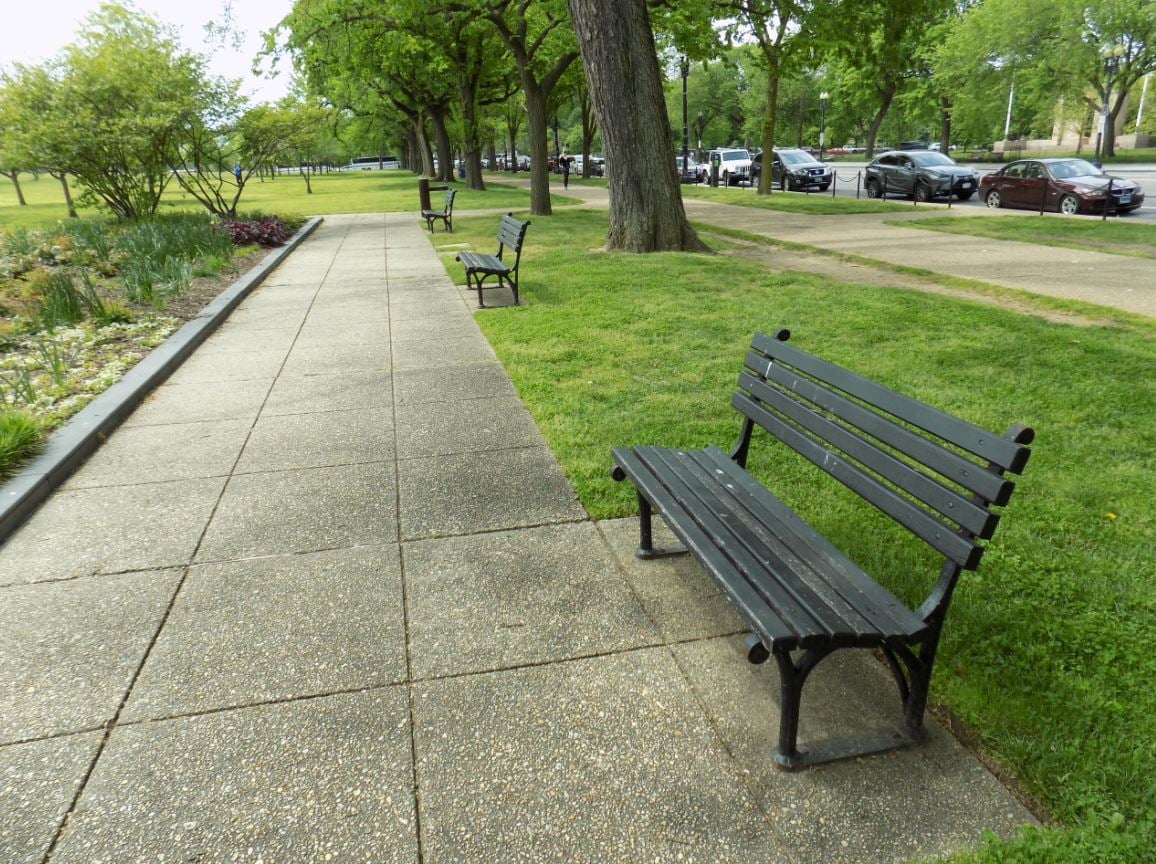An Outdoor Recreation Economy for All
COMMENTARY

In Washington recently members of Congress heard testimony on a topic that, admittedly, is unlikely to dominate headlines as 2023 limps to a close. But the focus of the hearing — outdoor recreation — nonetheless has the power to transform the lives of Americans for the better in the new year.
Lawmakers are considering comprehensive, bipartisan legislation that, if enacted, would help more people benefit from the nation’s impressive $1.1 trillion outdoor recreation economy. That economy is about much more than the sale of puffy jackets and hiking boots. It is built upon our local parks, where Americans exercise, disconnect from screens, connect with neighbors, and enjoy fresh air and sunshine.
The bill before Congress, the Expanding Public Lands Outdoor Recreation Experiences Act, would boost opportunities for recreation across public lands and waters by, among other things, reducing overcrowding, improving access for people with disabilities and modernizing outdoor infrastructure.
Parks provide a vital connection to nature that should be available to all Americans. They stimulate local economic activity and support more than 1 million good-paying, sustainable jobs. And studies show that time spent in nature reduces stress, improves mood and concentration, lowers blood pressure, strengthens social connections and reduces all-cause mortality.
But just because the industry is growing rapidly right now doesn’t mean its future is assured. What’s more, we know that access to the outdoors isn’t equal, as many communities lack high-quality parks. If we are to sustain an upward trajectory and ensure the benefits of this growing economy extend to everyone, we must level the playing field.
In Washington, where I testified on Thursday to the House Subcommittee on Federal Lands, I conveyed Trust for Public Land’s support for the EXPLORE Act — in particular, the Outdoors for All provision that would codify and enhance a critically important grant program known as Outdoor Recreation Legacy Partnership.
Outdoors for All would make access to the outdoors more equitable by expanding ORLP’s reach to people and communities who stand to benefit the most. Among them are the 28 million American children who don’t have a park within a 10-minute walk from home.
According to a Pew Research survey, parents in the United States today cite childhood anxiety and depression as among their biggest concerns, and many correlate the rise of those problems to increased screen time. Meanwhile, older Americans are experiencing what the U.S. surgeon general has labeled an epidemic of loneliness and isolation.
Making sure everyone in this country — regardless of age, geography or ability — can get off their devices and go outside with their neighbors is an obvious and cost-effective solution to a critical mental health crisis. High-quality, close-to-home parks like those funded through Outdoors for All also provide communities — especially those that have been disadvantaged and underserved — with economic opportunities.
In dense cities, access to green space varies widely across racial and socioeconomic lines. Decades of policy decisions have concentrated stagnation, disinvestment and poverty into pockets — the proverbial “other side of the tracks.” We know that ZIP codes are better indicators of public health than genetic codes, and that communities with a paucity of high-quality parks have worse health outcomes.
Those ZIP codes also tend to lack community cohesion and experience more frequent flooding, noise and air pollution. Outdoors for All would help reverse those trends by creating new parks and building outdoor recreation economies where none now exist.
Under previous rules, ORLP funds were not available to small communities, but Outdoors for All lowers the population threshold, so hundreds of smaller municipalities would be able to apply for these vital grants. Moreover, for the first time tribal communities would be eligible for ORLP grants, delivering funds to people and places long left out of this process.
The Senate has already incorporated Outdoors for All into its bipartisan America’s Outdoor Recreation Act. Now the House has an opportunity to include the myriad benefits in the companion EXPLORE Act.
Without the kind of comprehensive attention to outdoor recreation that this bill represents, I fear the momentum of our recreation economy could begin to falter, and that our outdoor recreation obligations to American communities would fall woefully short.
Passing EXPLORE Act would mean more kids could step away from their screens and out their front doors into nature. It would mean more Americans could connect in public spaces to exercise or socialize. And it would mean more cities and rural communities could tap into the local, homegrown parks that are the cornerstone of America’s growing and sustainable outdoor recreation economy.
Luis Benitez is the chief impact officer for Trust for Public Land. His early career was spent conducting mountaineering, climbing and skiing courses for the international Outward Bound schools, where he became director of operations and chief guide for Adventure Consultants, a Seven Summits guiding company based in New Zealand. In time he was elected to the city council in Eagle, Colorado. Benitez also led the Outdoor Recreation Industry Office for the state of Colorado via his appointment by then-Gov. John Hickenlooper. He can be reached at Trust for Public Land and on Linkedin.
























